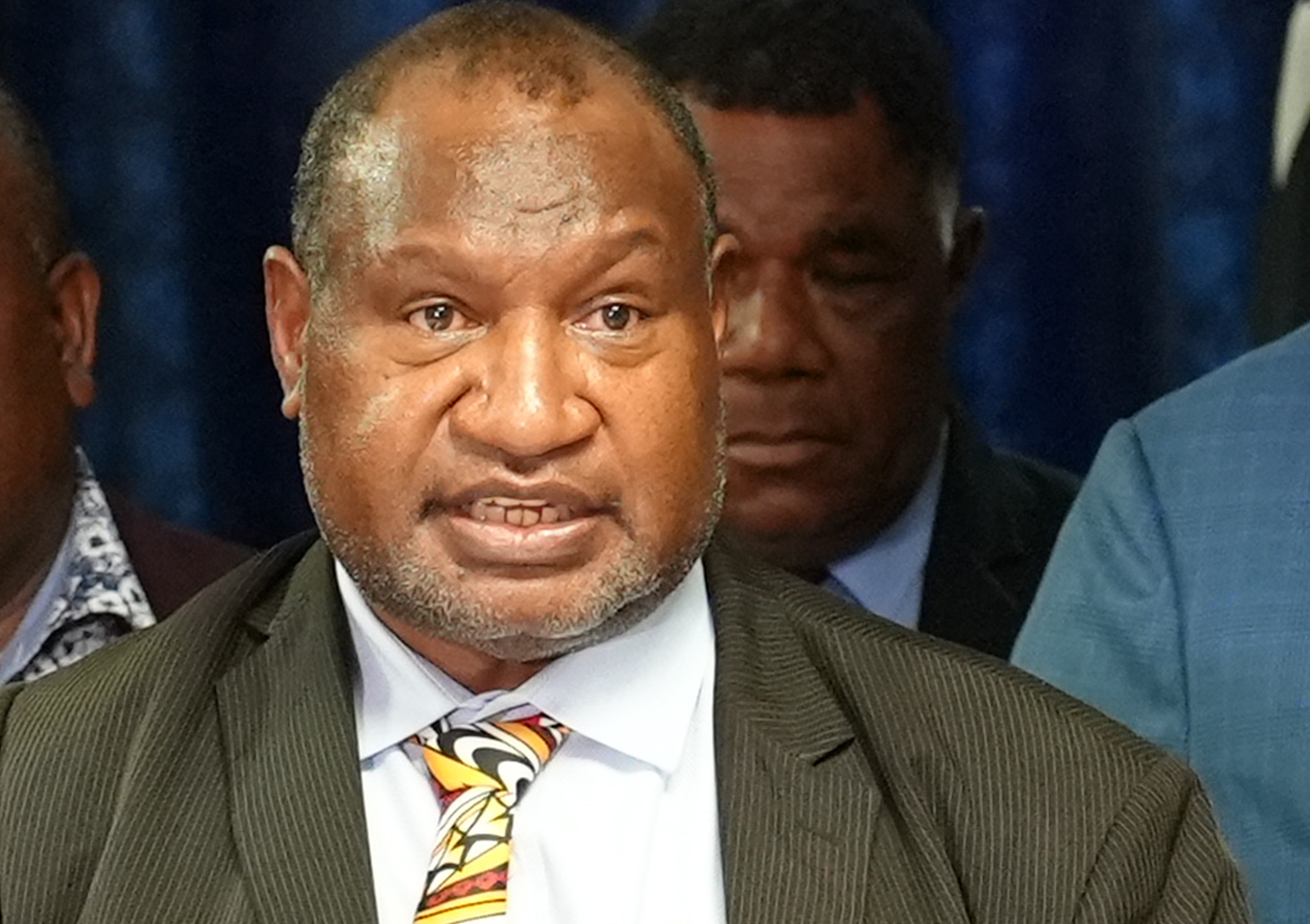Tuesday 22 October 2024
Prime Minister Hon. James Marape, has emphasised that choices made in energy production and consumption, and their far-reaching consequences on future generations, can directly be connected to climate crisis.
He further calls for urgent respond to climate crisis being faced today, as global warming and climate change and its effects are now common knowledge in the Pacific, and have become a real threat, due to rising sea levels and changing weather patterns.
“Even though Papua New Guinea and its sister, small island countries of the Pacific have very low carbon footprint, we face the highest risk from the climate crisis.
“I want to bring the spotlight on the production of heavy carbon-filled fossil fuels, especially coal.
“It is hard to believe that in this modern age of space travel and superspeed technology, the world is still burning coal,” he said.
“Yet, this is true. Coal accounts for the largest share of electricity production worldwide, with gas coming in only at second place.
“ In the Asia region where economic growth and high populations have placed very high demands on energy consumption, the reliance on coal is the highest worldwide.”
The International Energy Agency has continually been publishing reports on the alarming trends of coal consumption.
The International Energy Agency has since been publishing reports on the coal consumption by countries:
The 2020 – 2023 figures reveal that China accounts for a massive 50.5 percent of the global coal consumption, followed by India at 11.3 percent. United States comes in next at 8.5 percent; Germany at 3 percent; and South Africa at 2.4 percent. Poland, Australia, and Brazil are also listed.
Papua New Guinea recognizes the harmful effects of coal and other heavy carbon-filled fossil fuels on the environment as well as the need to transition away from these heavy fossil fuels.
.
“The call to prioritize the wellbeing of our planet is more urgent now than ever before. This call has become even more urgent with more nations switching back to coal in Europe and Asia and elsewhere.
“Let me remind all of us again of our generation’s moral responsibility to ensure a sustainable future for our children,” Prime Minister added.
“As we work toward a cleaner energy future, research into cost-effective alternatives remain crucial, however we cannot delay transitioning to LNG and other renewable sources. We must act now to reduce our reliance on coal and heavy oil/fuels.”
Prime Minister Marape emphasised the need for collaboration in achieving this vision, and urged governments, companies, and individuals to join forces and prioritize environmental stewardship.
“ Together, we can create a sustainable energy landscape that benefits our nation, the region, the world, and our planet.”
Mr Marape further invited investors and experts to explore and develop these resources, leveraging our strategic location closer to Asia markets.
“Our vast forests also provide a unique advantage, offsetting carbon footprints and making PNG an attractive destination for environmentally-conscious investments.”
The aim of the conference was to seek ways to develop, regulate and promote the energy sector, and focus on its impact on planet earth.
In addition, Prime Minister also paid tribute to Kumul Petroleum and ExxonMobil for sponsoring the conference.

